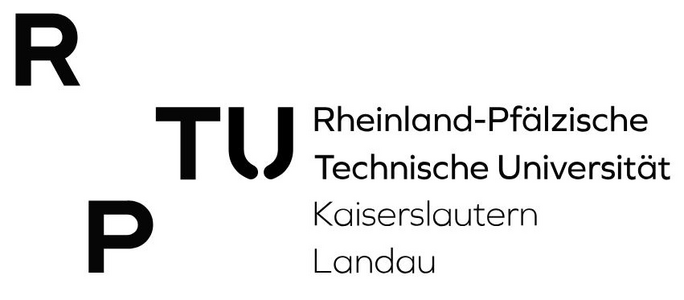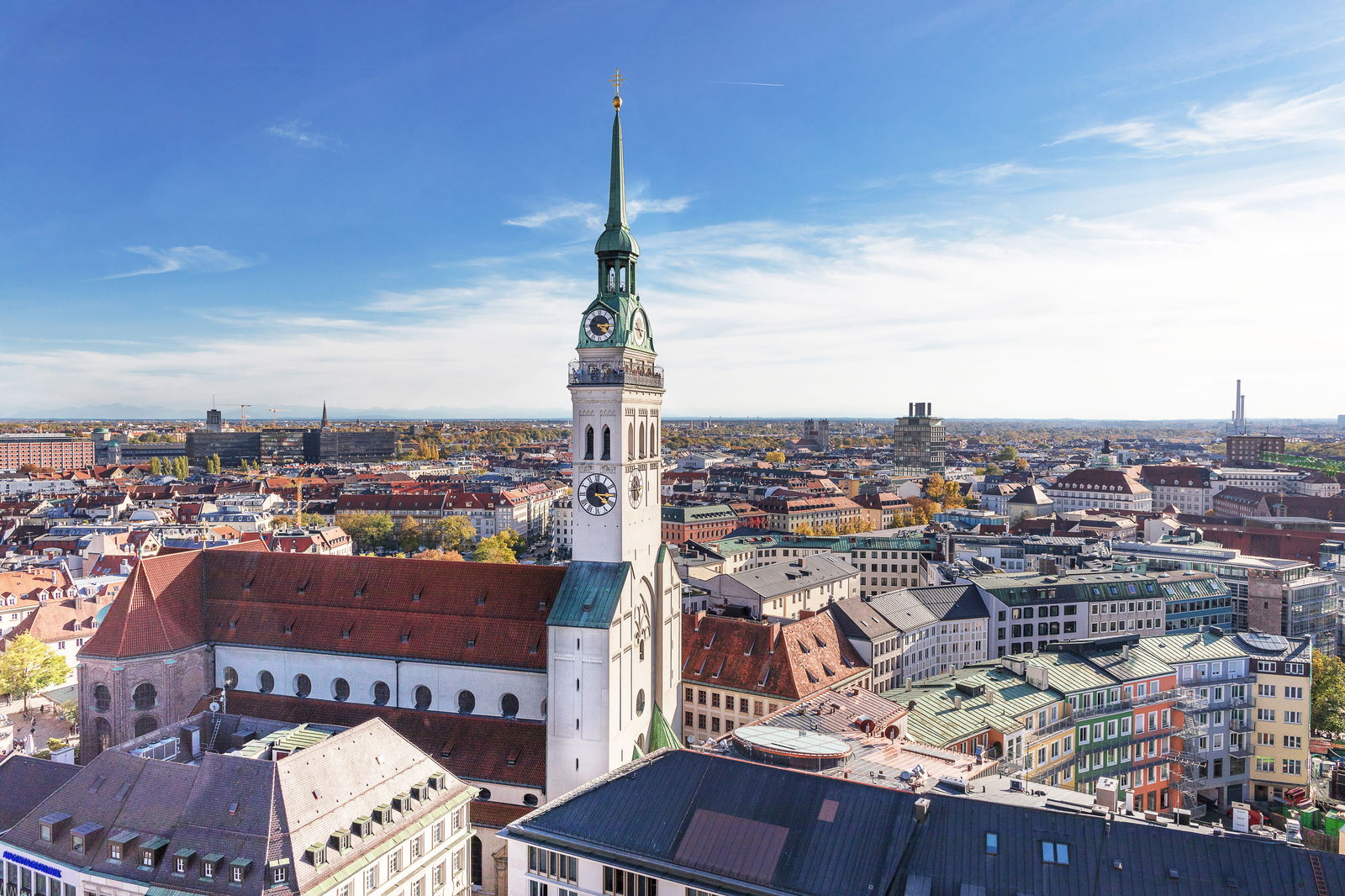Working in Frankfurt
Frankfurt - european financial centre and modern metropolis

Known as the financial centre, Frankfurt contains many banks and financial institutions © Katzenfee50 / pixabay.com
Frankfurt am Main, the biggest city in the German federal state of Hesse, has a centuries-old tradition as a location for academia and research. In addition to Europe's second largest airport, Frankfurt has the highest concentration of banks. As a venue for trade fairs and the world's fourth biggest stock exchange, the city boasts a truly international atmosphere.
Updated: 2024-03-13
Frankfurt as a research location
Frankfurt am Main is home to high-ranking educational and research institutions including the Johann Wolfgang Goethe University, which is funded as part of the german excellence strategy.
As a financial centre, Frankfurt has its own business school in the shape of the Frankfurt School of Finance and Management. As the location of the Stock Exchange it is not suprising that Frankfurt contains many banks and financial institutions.
Well-known research institutions such as the Max Planck Institutes for Biophysics, for Brain Research and for European Legal History are based in Frankfurt, as is the German Institute for International Educational Research and the Senckenberg Nature Research Society.
History
Although there were Roman settlements on what is now Cathedral Hill, the first documented mention of 'Franconofurd' was in a letter from Charlemagne dated 794. At that time the place was a fortified royal court.
Frankfurt expanded and became a city under the Staufer dynasty and the Frankfurter Messe (Trade Fair) is known to have been established by the late 12th century. By then, the city was an important centre of European trade and continued to grow over the centuries that followed.
During its history, large parts of Frankfurt have been destroyed time and again due to fires in the Judengasse (Jewish area) in 1711 and 1721 and another major fire, the 'Christenbrand' of 1719, meaning portions of the city had to be rebuilt.
Already badly damaged in the First World War, Frankfurt's city centre was virtually obliterated during the Second World War leading to 150,000 new apartments being built once the war ended. The construction of many administrative high-rise buildings and industrial developments totally transformed the face of Frankfurt.
Today, Frankfurt is home to Germany's leading stock exchange.
Living in Frankfurt
Housing is expensive in Frankfurt because there is very little space available for new construction. The approximately 750,000 inhabitants live in a relatively small area of the city and the urban landscape is dominated by corporate skyscrapers.
Frankfurt has a unique array of cultural institutions and museums for residents and visitors to enjoy. With more than 60 museums and exhibition halls and 20 theatres including The English Theatre and many other attractions, Frankfurt is a true art metropolis.
One of Frankfurt's most popular districts is Sachsenhausen with its magnificent museums along the embankment and its many parks. The nearby woods contain Germany's tallest wooden observation tower which is named after one of the most famous people to have been born here, the writer and polymath Johann Wolfgang von Goethe. With countless pubs and bars, Sachsenhausen is also known for its vibrant nightlife and is perfect for anyone who enjoys partying until the early hours.
Continental Europe's biggest airport, known as the Gateway to Europe, together with Europe's busiest passenger rail station makes Frankfurt a major international hub.
Typical aspects of Frankfurt
The Frankfurt skyline is very different to other German cities and given its skyscrapers, is more easily compared to many cities in the US which explains its nickname, 'Mainhattan'. Culinary specialities include Apfelwein (a type of cider known locally as 'Ebbelwoi') and 'Grüne Soße', a sauce made from various herbs according to a recipe purported to date from Roman times.
Frankfurt is one of Germany's most multicultural cities – almost a third of its inhabitants hold a non-German passport. The Frankfurt accent has been described as a 'babble', meaning it is often difficult for foreigners and even people from other parts of Germany to understand them.








